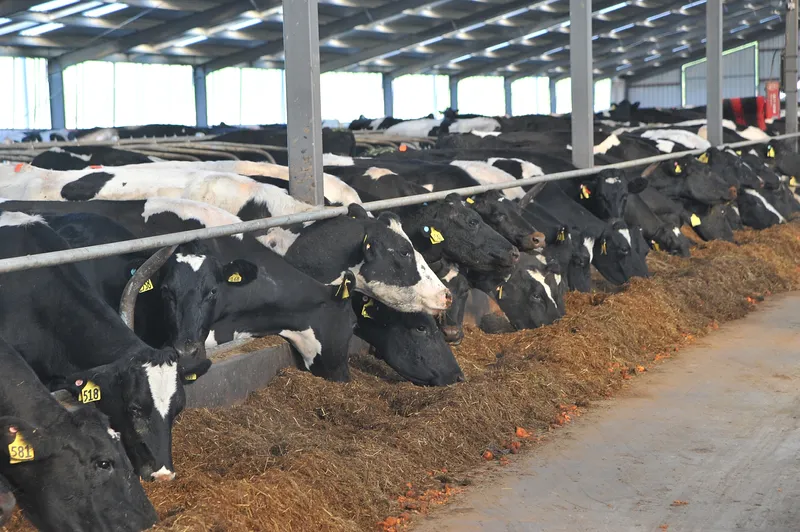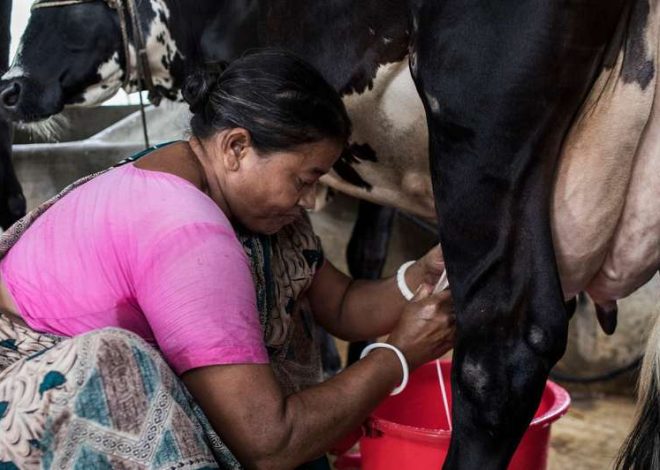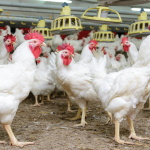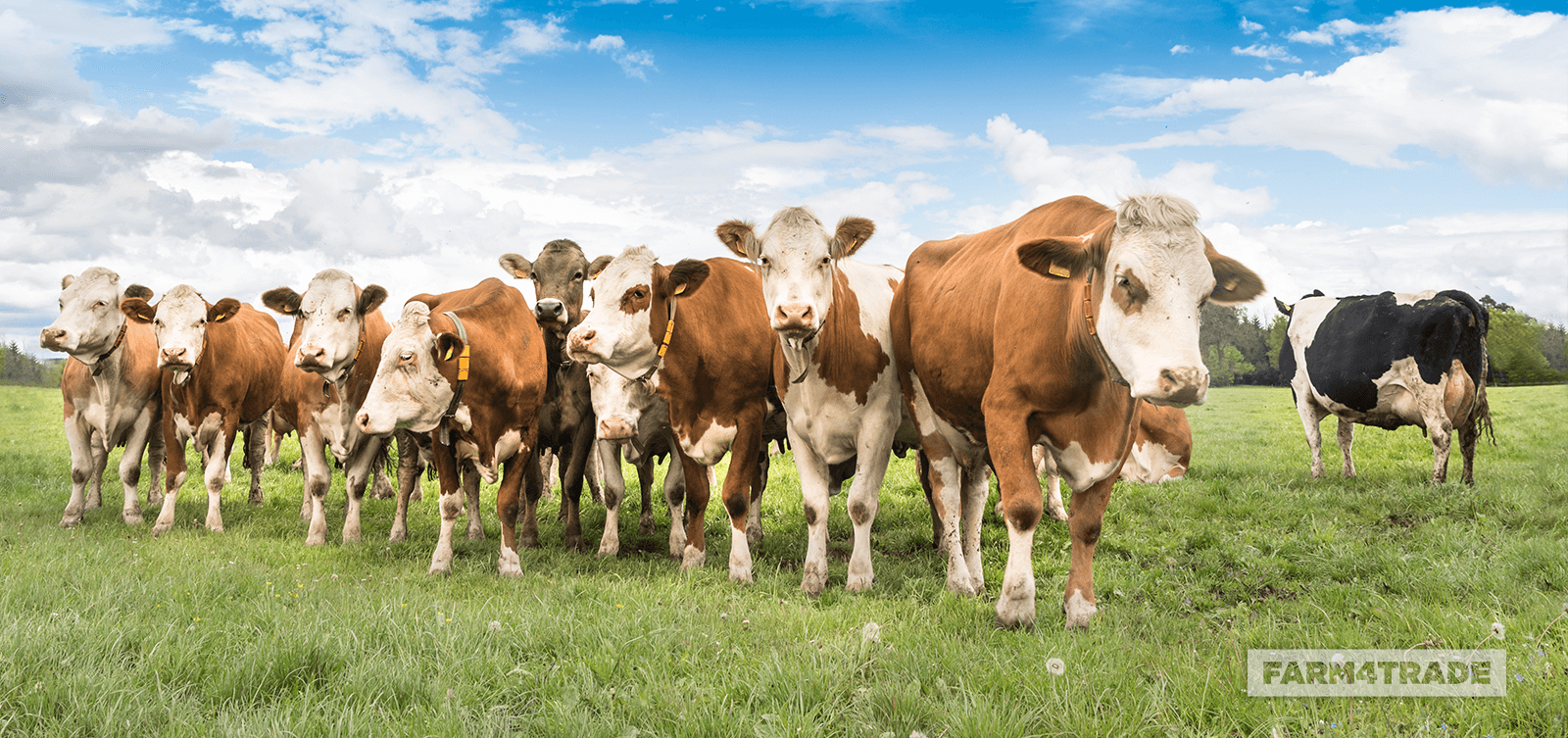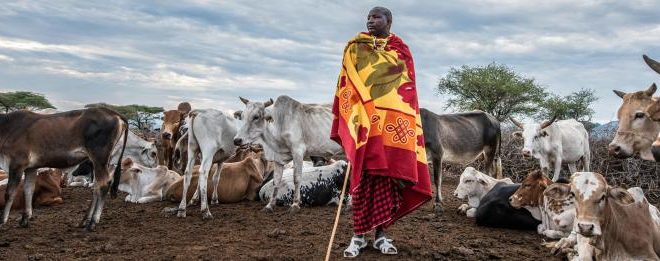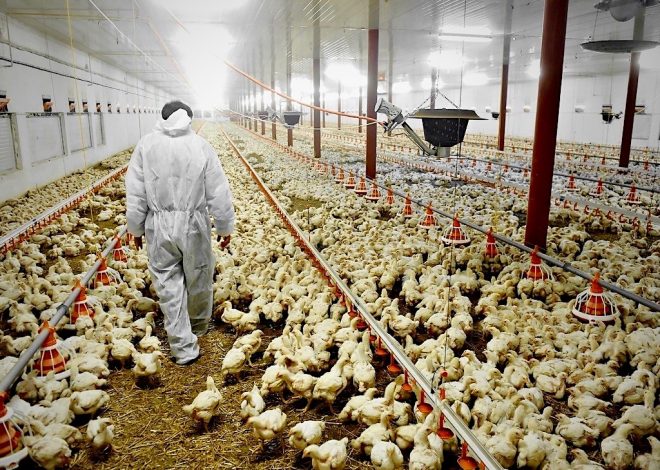
Behind the scenes of the dairy industry lies a complex and often untold story of factory farming, where the production of milk is mechanized on an industrial scale. This article sheds light on the less-known aspects of factory farming for dairy cows, exploring the challenges, ethical concerns, and the need for transparency in the dairy production process.
- Intensive Confinement: Factory farming for dairy cows often involves intensive confinement in large-scale operations. These cows may spend a significant portion of their lives in tightly packed indoor spaces, limiting their movement and natural behaviors. The close quarters can lead to stress and health issues.
- Artificial Hormones and Antibiotics: To maximize milk production, factory-farmed dairy cows are frequently administered artificial hormones and antibiotics. Hormones stimulate milk production, while antibiotics are used prophylactically or to treat diseases that can spread rapidly in crowded conditions. Concerns about the impact of these substances on both animal and human health have been raised.
- High-Productivity Breeding Programs: Breeding programs in factory farming focus on developing high-productivity traits in cows. While these traits may lead to increased milk yields, they can also result in health problems for the animals, such as lameness and mastitis. The emphasis on productivity sometimes takes precedence over the welfare of the individual cows.
- Shortened Lifespan: The lifespan of dairy cows in factory farming is often shorter than their natural lifespan. Cows may be culled from the herd once their milk production declines, and the constant demand for high productivity can lead to physical and physiological stress, impacting their overall well-being.
- Environmental Impact: Large-scale dairy farming operations contribute significantly to environmental challenges. The concentration of large numbers of animals in confined spaces produces substantial amounts of waste, leading to concerns about water and soil pollution. Methane emissions from digestive processes of cows also contribute to greenhouse gas emissions.
- Ethical Concerns: The ethical considerations of factory farming for dairy cows have sparked debates. Advocates for animal welfare argue that the confinement, use of hormones, and culling practices are ethically problematic. The industry faces increasing scrutiny, prompting calls for more humane and sustainable alternatives.
- Transparency and Consumer Awareness: As consumers become more conscientious about their food choices, there is a growing demand for transparency in the dairy industry. Advocacy groups and consumers alike call for clearer labeling, ethical treatment of animals, and sustainable practices in dairy production. Transparent communication about farming practices is crucial for fostering consumer trust.
Conclusion: The factory farming of dairy cows unveils a complex narrative that goes beyond the cartons of milk on supermarket shelves. Acknowledging the challenges and ethical concerns within the industry is the first step towards fostering positive change. As consumers become more informed and demand transparency, the dairy industry is increasingly compelled to explore alternative, more sustainable practices that prioritize both animal welfare and environmental responsibility.
